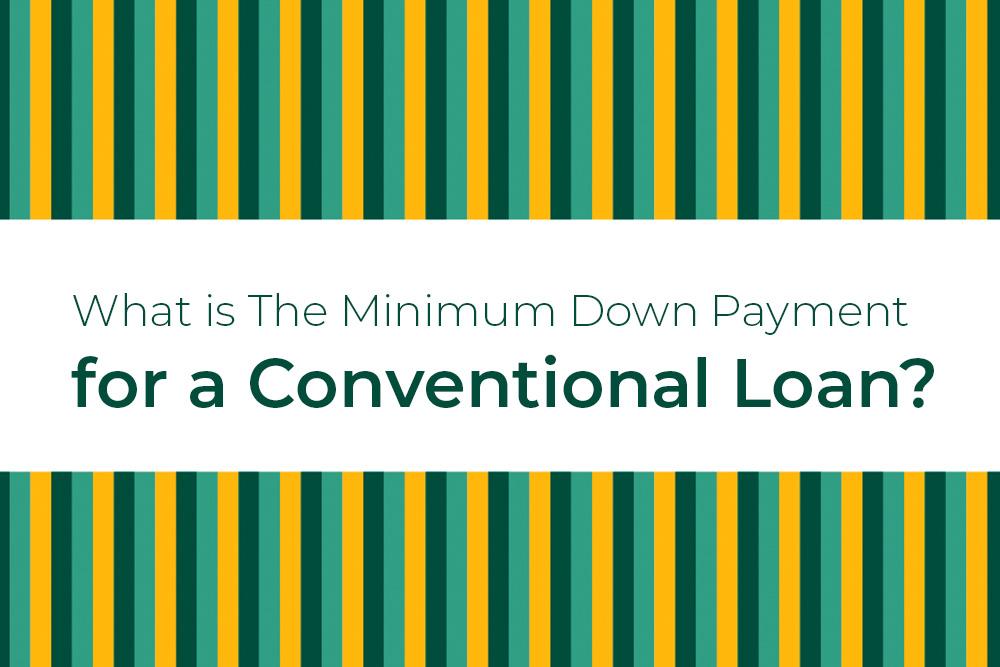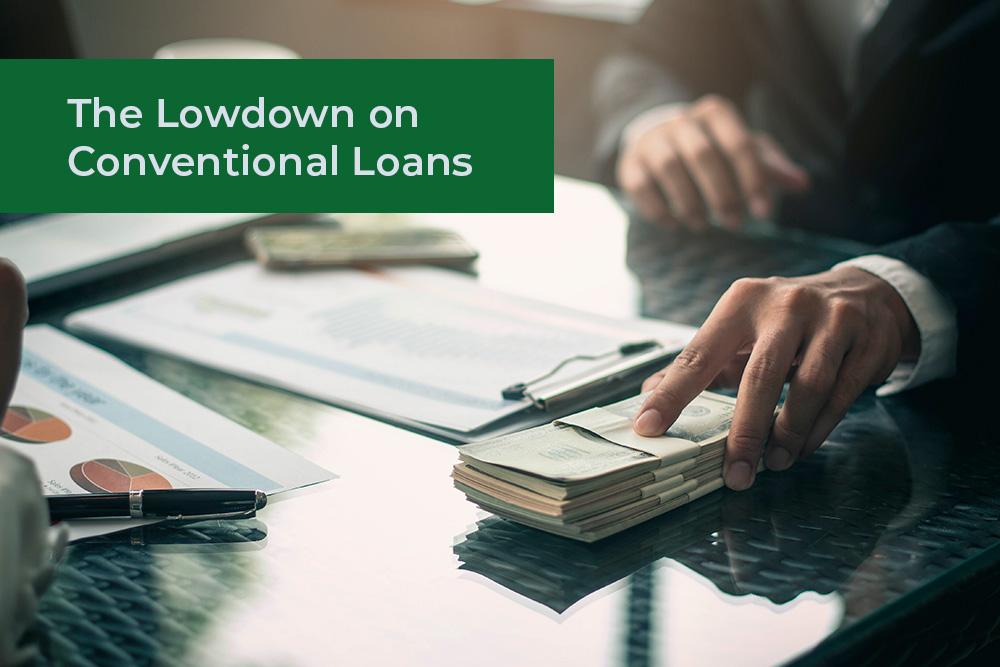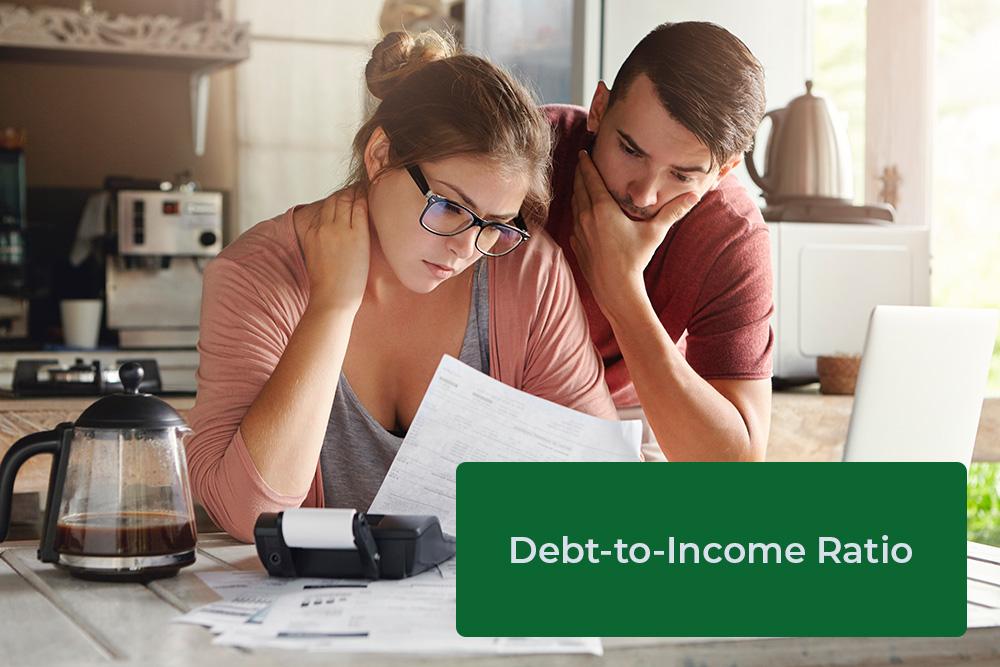What is The Minimum Down Payment for a Conventional Loan?

If you’re considering buying a home, a loan is likely on your mind. But of the many home loans available for homeowners, which one should you get? One option to consider is a conventional loan, which is a good choice for homeowners who qualify based on their credit score and personal financial situation.
What Types of Loans are Available?
Loans in Las Vegas generally fall into one of two categories. When you take out a loan, you can get a conventional or a Federal Housing Administration (FHA) loan. A conventional loan is a good option for people with a decent credit score rating in the upper 500s or lower 600s. An FHA loan will be a better option if you have a lower credit score. You may be able to make a lower initial down payment with a lower credit score with certain home loans, but you might ultimately end up paying more if you have to pay mortgage insurance.
The Lowdown on Conventional Loans

For several reasons, conventional home loans in Las Vegas can be a good option. However, before you choose what kind of loan to get, you’ll want to learn the basics of the loan you are considering. Conventional loans are appealing for their low minimum down payment requirement of just 3%. You may need to pay private mortgage insurance (PMI) with a low down payment, so be aware that the additional PMI payments can make your monthly mortgage payments higher than expected. PMI payments may be required with a conventional loan, but they are a definite requirement for an FHA loan.
Credit Score
A credit score is another factor in whether you get a conventional loan. Your credit score and credit history affect the loan you’re eligible for. With a conventional loan, you need a minimum credit score of 620. Otherwise, you will have to get an FHA loan if your credit score is lower than 620. As a general rule of thumb, the higher your credit score, the lower your mortgage rate and PMI payments will be. Pay your bills on time and avoid opening too many credit card accounts to keep your credit score at an ideal level.
Debt-to-Income Ratio

The debt-to-income ratio is the amount of debt you have to pay each month. The debt-to-income ratio is different from your monthly income. With a conventional loan, you can have a debt-to-income ratio of up to 43%. That means the debts you pay every month don’t make up more than 43% of your gross monthly income. If you have a higher debt-to-income ratio, it can be more challenging to get a loan, even if your debt-to-income ratio is within permissible limits. If you have higher monthly debt payments, it’s a good idea to shop around for a lender who will allow you to take out a loan. The location where you are shopping for a loan also makes a difference. If you’re planning to rent in a large city, especially where home values are higher, your monthly debt rates are higher due to the higher cost of real estate.
What to Know About Private Mortgage Insurance
Private Mortgage Insurance (PMI) is a requirement for conventional loans. Even though you will have to make insurance payments with your conventional loan, the amount required for loan payments varies based on individual factors such as your loan-to-value ratio and your credit score. A PMI payment is only required with a down payment of less than 20%, which applies to conventional home loans. Those payments are only temporary if you need to make PMI payments on your loan. You only have to continue making those monthly payments until you reach 20% in home equity. There is no upfront mortgage insurance fee with a conventional loan. The annual mortgage insurance rate for a conventional loan is no more than 2.25% of the total loan amount. Mortgage payments will continue until the loan reaches 80% of its loan-to-value (LTV) ratio, sometimes referred to as 20% in home equity. Both terms are more or less synonymous. Once you’ve made your mortgage insurance payments, your loan may have a better value.
Loan Limits
Home loans of any kind limit how much money you can borrow. For a single-family home, the limit you can borrow with a conventional loan is $647,200. If you need to borrow more than that, you may be able to request a jumbo loan. A jumbo loan allows you to get a bigger mortgage for your house. Even so, jumbo loans also have their limits. While some jumbo loans historically had a minimum down payment requirement of 20%-30%, some lenders offer even more lenient lending policies that allow you to get a loan with a minimum 10% down payment. You also don’t always have to pay mortgage insurance with a jumbo loan.
Mortgage Rates
Mortgage rates are another consideration when you’re figuring out how much of a down payment you have to make with a conventional loan. With a conventional mortgage, you can usually get a rate as low as 6%. However, that low rate is not a guarantee. Your own personal financial situation is the primary determinant of how much you will pay for a mortgage rate. You’ll probably have a higher interest rate if you have a conventional loan with a lower credit score. If you have a credit score in the low to mid-600s, an FHA loan may be a better option.
How to Improve Your Credit Score

If your credit score needs to be higher to qualify for a conventional loan, there are steps you can take to improve your credit score to get the loan you want. Ideally, you should strive to use no more than 30% of the limit on your credit card. People with the highest credit ratings typically use less than 10% of their credit limit. However, if you tend to spend more and exceed 30% of your limit, you can also ask for a higher credit limit without suffering the consequences. Whenever the card issuer sends your balance report to the credit bureaus, try to ensure that your balance is low to have a better credit score. One way to make sure that your credit card balance is low is to pay down or pay off the balance before the end of the billing cycle. You can also chip away at your credit card balance by making payments several times during the month. When you manage your credit score proactively, you’ll find that the results are almost immediately apparent. As soon as the credit bureaus see that you have a lower credit card balance, your credit score will be adjusted accordingly.
If you’re thinking about what loans in Las Vegas to get, a conventional loan may be the ideal option. Contact a loan officer to learn more about the different loans in Las Vegas to determine which one is right for you.









